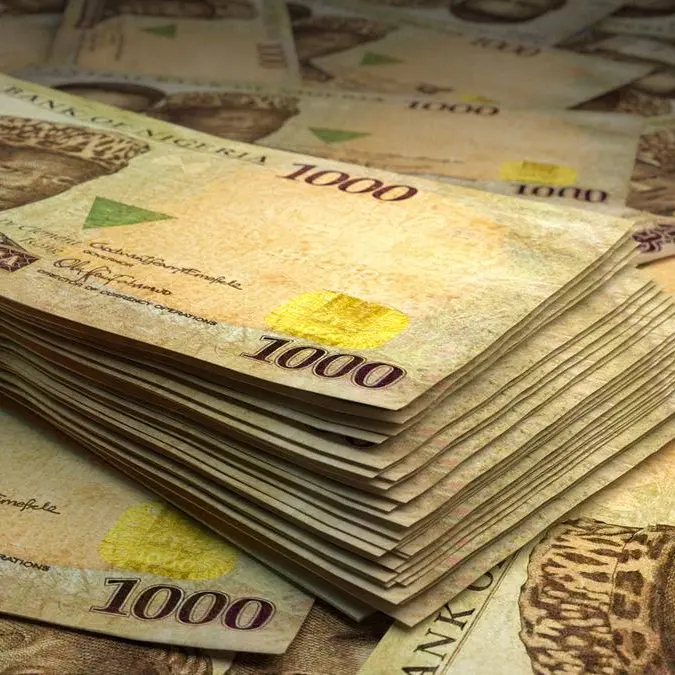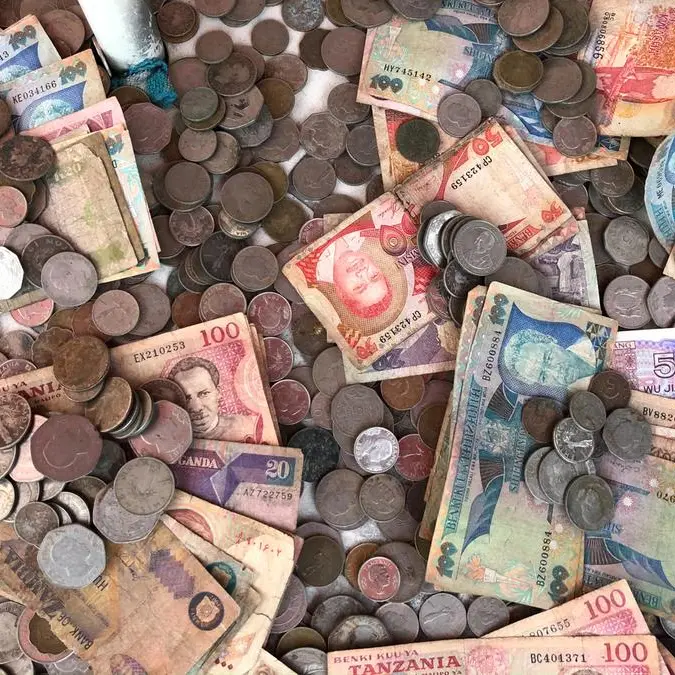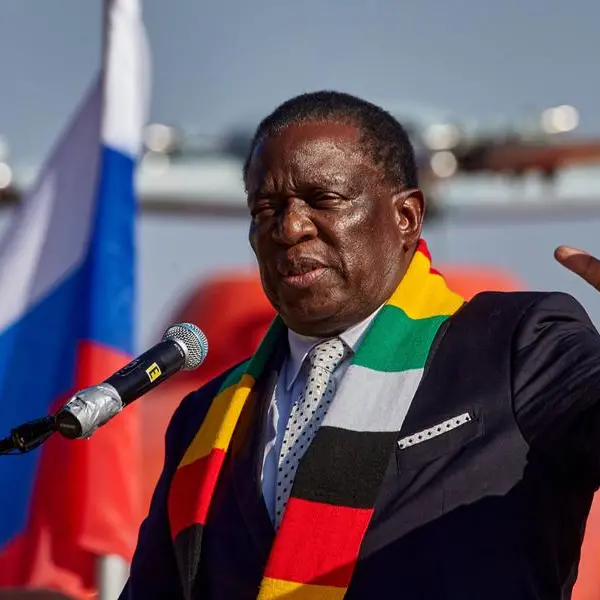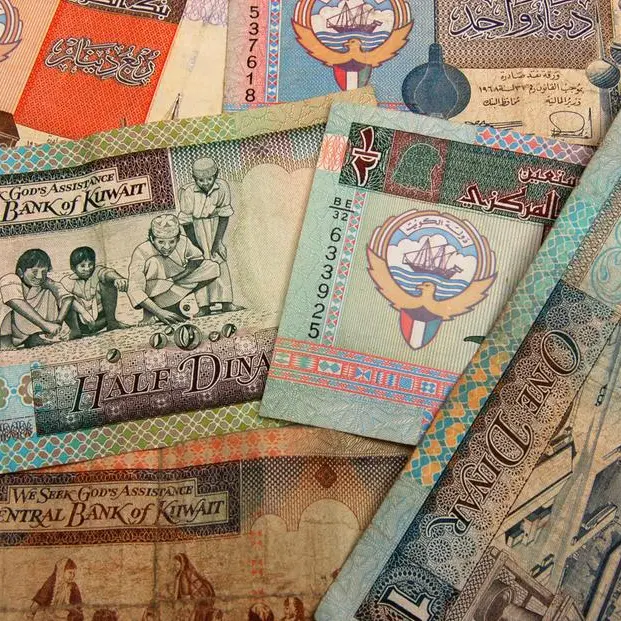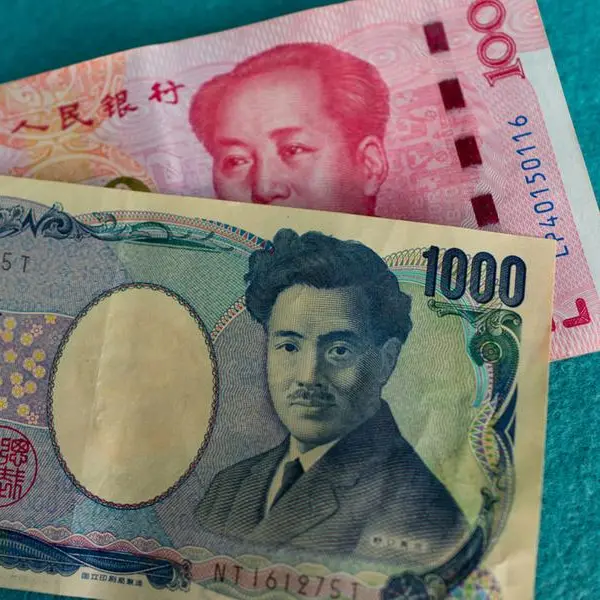PHOTO
Adani Group's Hybrid Renewables RG1 pulled a planned US$1.2bn 20-year partially amortising bond, dealing a blow to its capital markets comeback after a torrid 2023.
The Indian conglomerate's deal was backed by hybrid wind and solar power assets, with the bond expected to be rated Baa3 by Moody's and BBB– by Fitch.
The issuer set a yield of 7% for the green bond, in line with initial guidance of the 7% area, but then withdrew the deal when it attracted orders of only US$1.4bn, including US$100m of lead interest.
A banker on the deal said there was a decent amount of orders at the price the issuer wanted, but "it's just that we needed more".
"The company didn't quite get what they were asking for, so they decided not to proceed with the transaction," said the banker. "The market backdrop wasn't great. We weren't able to get the size at that price."
One Asia-based investor said both the size and price looked ambitious, while another investor said the 7% guidance offered "practically no premium".
In prepricing notes, analysts at Nomura estimated fair value for the bonds around 6.9%, and CreditSights analysts saw it at 7%, but said the notes could price tighter.
Indian US dollar deals have been popular with investors recently. Double B rated Indian highway construction company IRB Infrastructure Developers, for instance, tapped its 7.11% 2032 bonds for an extra US$200m on the same day the Adani deal was in the market at a cash price of 102.25, as the notes have been trading well, reaching 103.75 in the week leading up to the tap. The tap pricing translated to a yield of 6.682%.
Earlier this year, Adani Green Energy was able to price a US$409m green bond at par, to yield 6.7%. The amortising 18-year bonds marked Adani Group's first international deal after a difficult 2023, and was trading at around 7% when the new deal began bookbuilding. In January last year, US short-seller Hindenburg Research published a highly negative research report on Adani Group alleging stock manipulation and false accounting, charges that Adani denies.
Lacklustre demand
A credit analyst at a foreign bank said there was a pricing mismatch between the issuer and investors on the new deal, leaving demand short of the company's sub-7% goal. He said the issuer is price sensitive, and is focused on having a reasonable cost fixed for a long term.
"We view the lack of spread tightening [from initial price thoughts to final price guidance] as indicative of weak underlying investor demand," wrote CreditSights after the deal was pulled. The analysts noted that other South and South-East Asian corporates have seen 20bp–35bp of spread tightening for new US dollar deals this year, and Adani Green's March trade priced 42.5bp tighter than its IPTs. CreditSights said the deal was likely hurt by the volatility in long-dated US Treasury yields, as well as lingering concerns about Adani Group's corporate governance.
A source close to the trade said there was anchor support for around 20% of the deal size, and another banker on the deal said the issuer had US$1bn in indications of interest from US investors.
The second banker, who saw fair value in the mid-6% area, said Asian investors were slower to give feedback and put in orders, leading to a mediocre bookbuild. While US investors saw the credit's underlying cashflows as government-linked and were keen to buy, they were coming off a three-day weekend and felt the tepid Asian sentiment. The syndicate was concerned this could lead to poor performance of the notes in the secondary market, and led to the "conscientious" decision to pull the trade, said the second banker.
Next steps
Sources said the borrower could now pursue a smaller private placement before the end of 2024, or could be back in January to try for more than US$1bn. Sources said the syndicate banks were ready to offer loans after the deal was pulled.
"The company has things to do," said the first banker on the deal. "They'll always have financing and refinancing to do. They'll hang on and see the alternative options."
The issuer said in a statement after pulling the deal that it "looks forward to re-engaging with investors in the future".
The bond had a weighted-average life of 13.6 years. It was to be issued and mutually guaranteed by a restricted group of subsidiaries that operate a 1.84GW portfolio of wind and solar hybrid assets in Rajasthan.
DBS Bank, Emirates NBD Bank, First Abu Dhabi Bank, ING, Intesa Sanpaolo, Mizuho, MUFG, SMBC Nikko, Societe Generale and State Bank of India were bookrunners.
Additional reporting by Krishna Merchant and Edward Clark
Source: IFR



